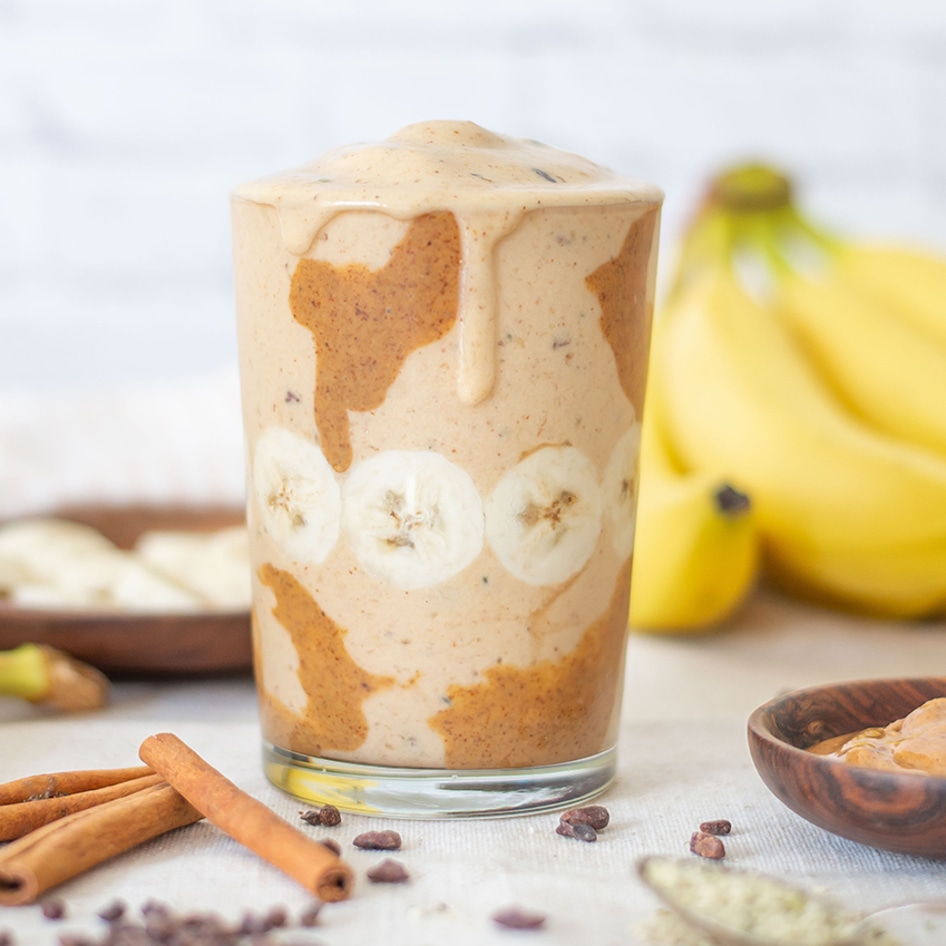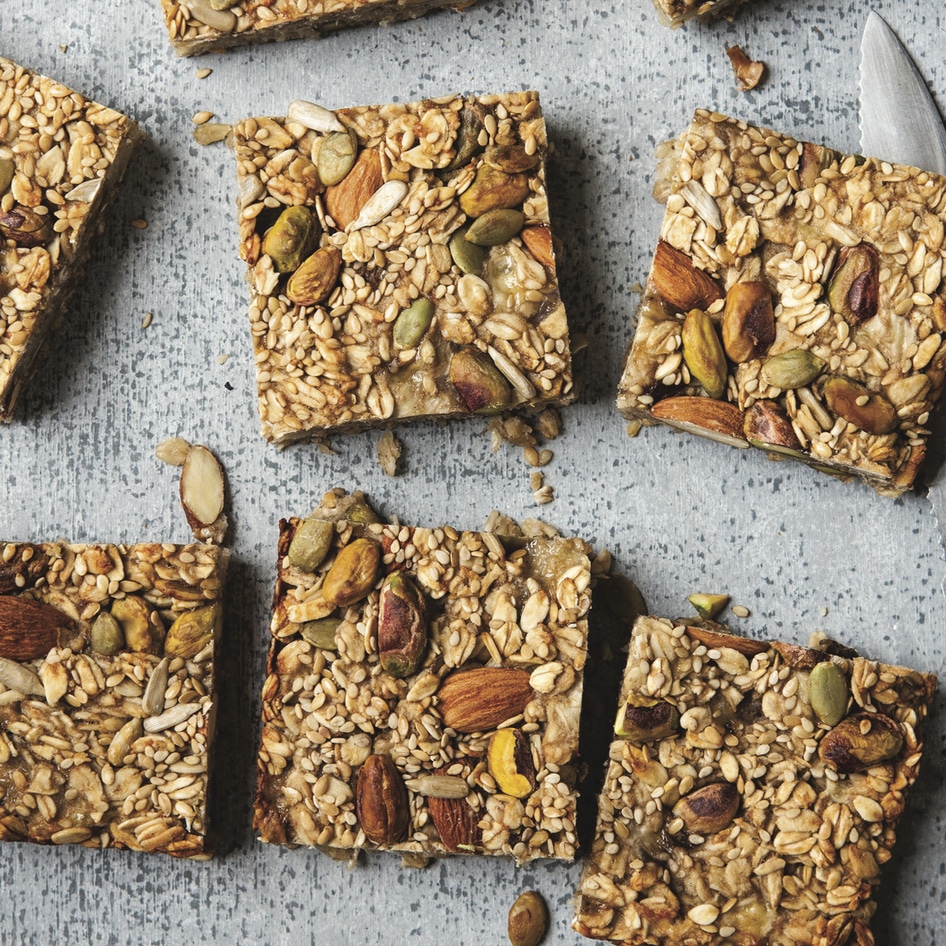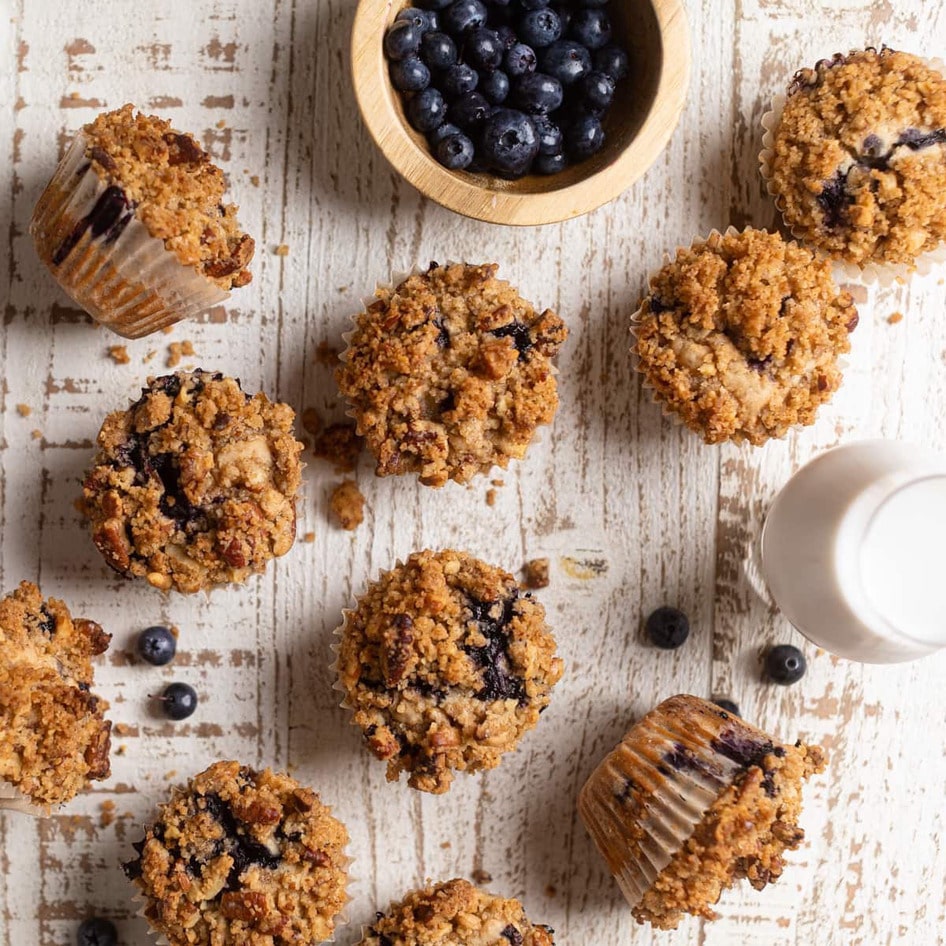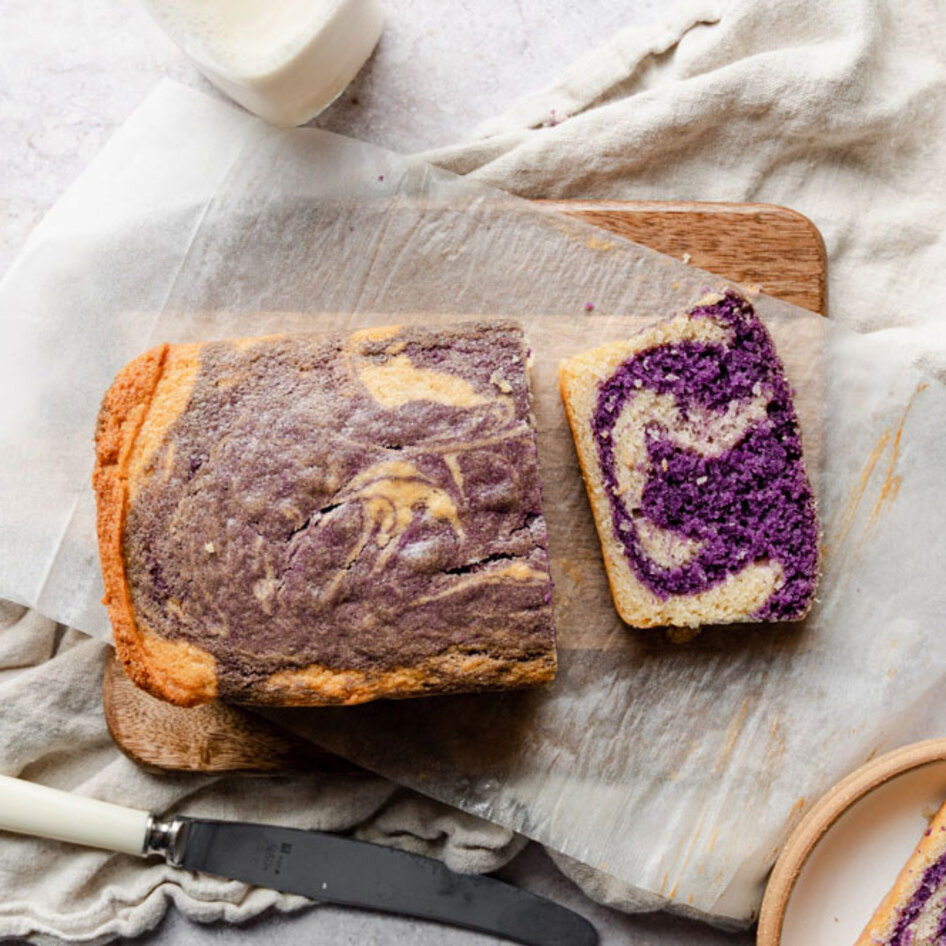A Guide to Vegan Sweeteners
Agave, stevia, Splenda, oh my! Read on for everything you wanted to know about the sweet stuff.
February 19, 2014
We are born to seek sweetness: it’s in our DNA to appreciate the pleasantness of naturally occurring sugars. However, the magic of chemistry and industrialization have redefined “sweet” and propelled us into excessive sugar habits and addiction. Although the US Department of Agriculture recommends no more than six percent of total calories come from added sugars, Americans now average 15 percent! Overall, sweeteners are pretty similar in form and function once they hit your bloodstream. Whether you’re dealing with table sugar or evaporated cane juice, high-fructose corn syrup or agave nectar, they are all refined simple sugars that are lacking in fiber, vitamins, minerals, antioxidants, and phytonutrients. Ultimately, sweeteners end up adding unnecessary calories and promoting weight gain. Worse, they have been linked to elevated triglycerides, out-of-control blood sugar swings, and increased circulating adrenaline. Many chronic diseases have been associated with superfluous sugar consumption, including insulin resistance and type 2 diabetes, cardiovascular disease, tooth decay, acne, anxiety, depression, and gastrointestinal illness.
One of the best arguments against eating sweeteners is the addictive nature that comes with the territory. Upon consumption of sugary foods and beverages, the body releases opioids and dopamine, which make you feel fabulous (temporarily). Over time, the body adapts in ways similar to how it does with chronic drug intake, perpetuating addiction by making you need more and more to achieve that same blissful response. Keeping up with the cravings can lead you down a vicious spiral that is difficult to control. Fortunately, most people find that after eliminating processed sweets for a short period of time, their desire for them completely disappear! In fact, three weeks is the typical timeline to change a habit as well as for your taste buds to transform. I can’t tell you how often I hear of this type of experience from my clients and students.
Many people turn to low-calorie or calorie-free nonnutritive sweeteners, to curb the concerns of calorie-containing sweeteners. There are a couple of reasons why this is not the optimal choice. First and foremost, artificial sweeteners are designed to be hundreds to thousands of times sweeter than sucrose, or table sugar. This extreme level of sweetness makes it difficult to transform your flavor preferences and, in a twist of fate, may intensify sugar cravings and dependency. Further, although the Food and Drug Administration has approved some (but not all) of the chemical sweeteners for its Generally Recognized As Safe list, meaning they probably are safe at recommended maximum doses, we already have enough toxins for our body to deal with. Our detoxification system is constantly inundated with noxious compounds in the air, water, and food supply. Finally (and ironically), consumption of NNS beverages and foods is associated with being overweight, mainly because people feel like they can compensate for the loss of calories with other calorically dense foods in their diet. Have you ever noticed someone washing down a fast food meal with a diet soda?
Sugar alcohols are a lower-calorie, less-sweet alternative to regular refined sugars and are über-popular in the food industry as anti-cariogenic agents for sweetening, bulking, stabilizing, moisturizing, thickening, and/or flavor enhancing. Mostly, they are on the GRAS list and are considered healthy options for diabetics and people trying to reduce energy intake, but they also have a reputation for causing gastrointestinal discomfort and a laxative effect.
Ideally, your diet should consist primarily of whole foods, even when it comes to sweeteners. At the onset of a sweet craving, opt for fruit first. Or, if you feel like something baked or a raw sweet indulgence, ingredients like dates, date paste or syrup, maple syrup, brown rice syrup, and fruit purées are the best options. Overall, I recommend minimizing all forms of refined and artificial sweeteners because these are the concentrated sources of “sweet” that immortalize addictive cravings and provide no nutrition. Of course, if you are healthy and at your ideal body weight, you can indulge in a sweet treat once in a while (perhaps a few times a week) without any harm.
Guidelines for sweetener consumption:
- Dote over the dose. Small portions are safe, especially if you are healthy and active.
- Mind the spectrum. Remember that the more health-promoting foods (veggies, fruits, whole grains, and legumes) and less health-damaging foods (processed foods, animals…well, yeah!) you consume, the closer to optimal health you will be.
- Opt for whole food sweeteners whenever possible. Choose fruit for dessert first and whole food sources of sweetness in baking to revolutionize your taste preference profile.
JUMP TO ... Latest News | Recipes | Guides | Health | Subscribe







